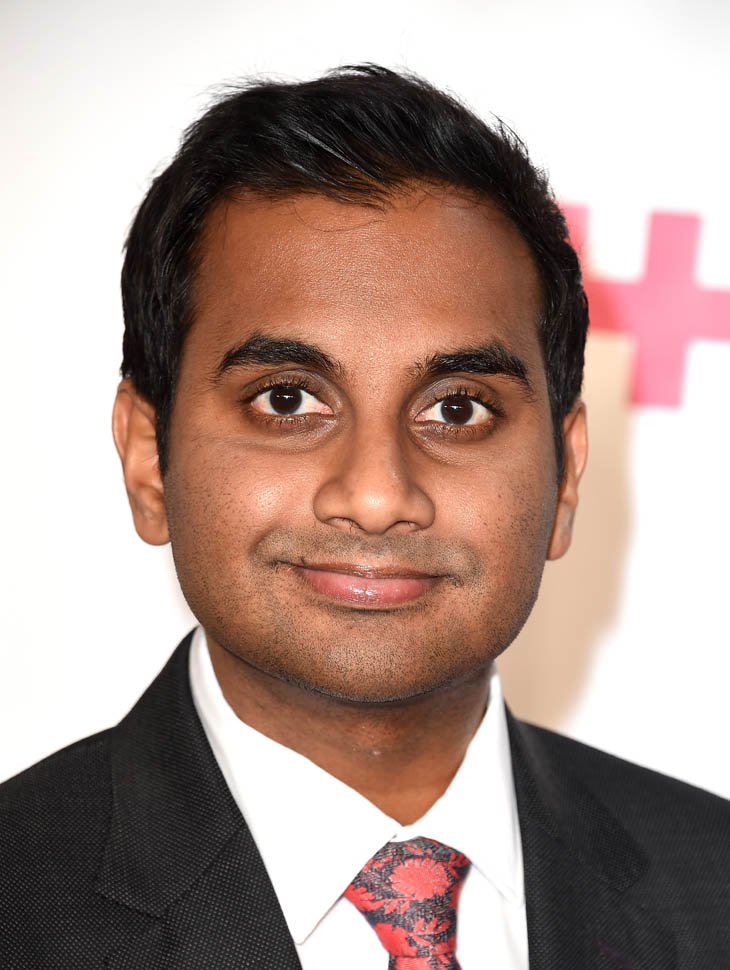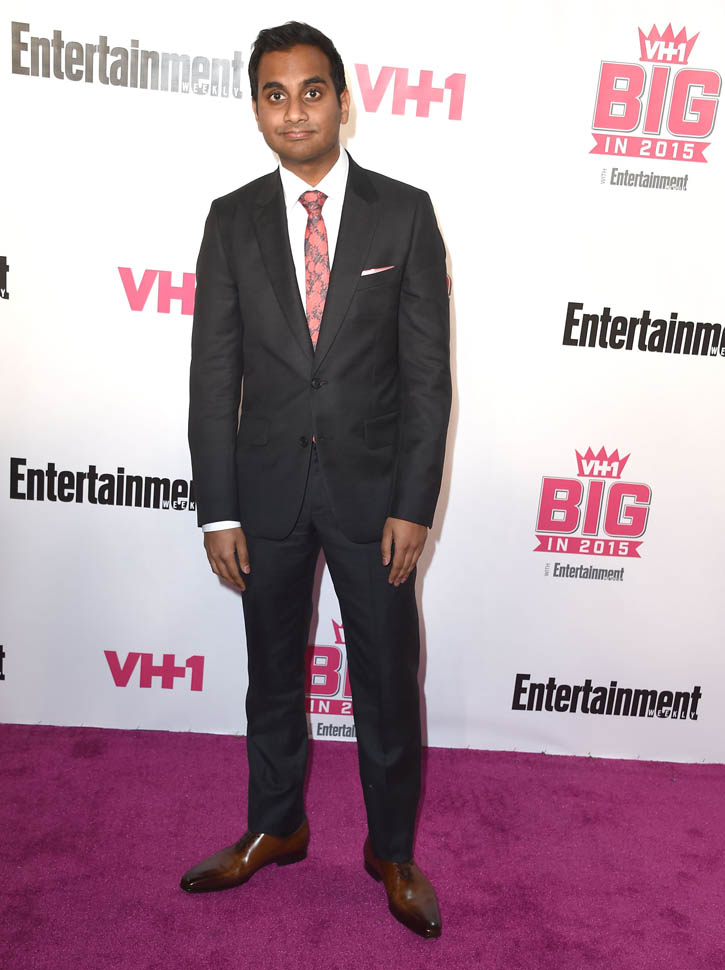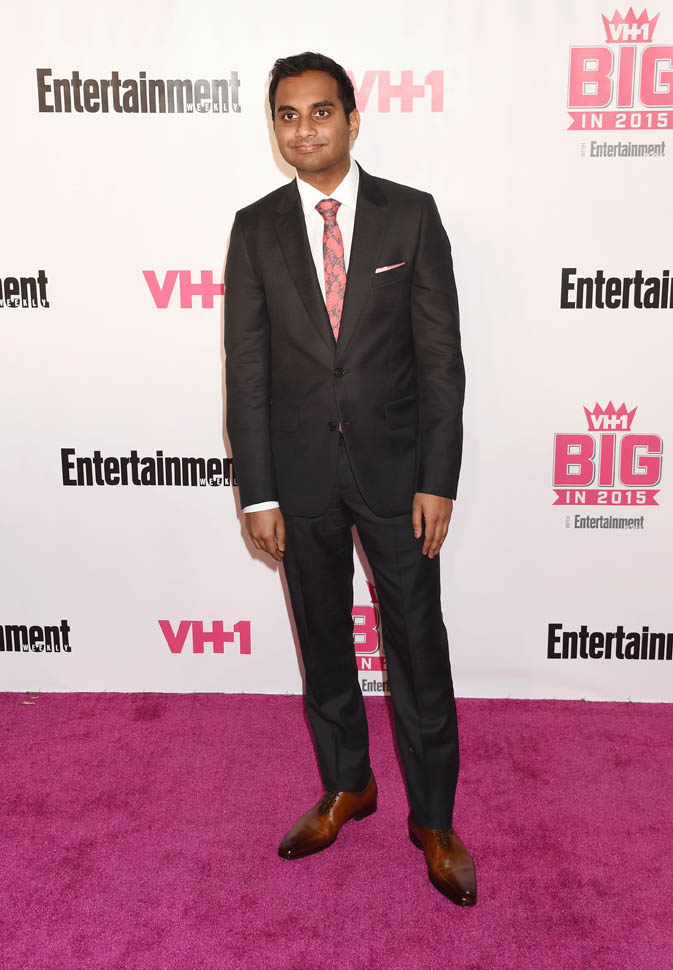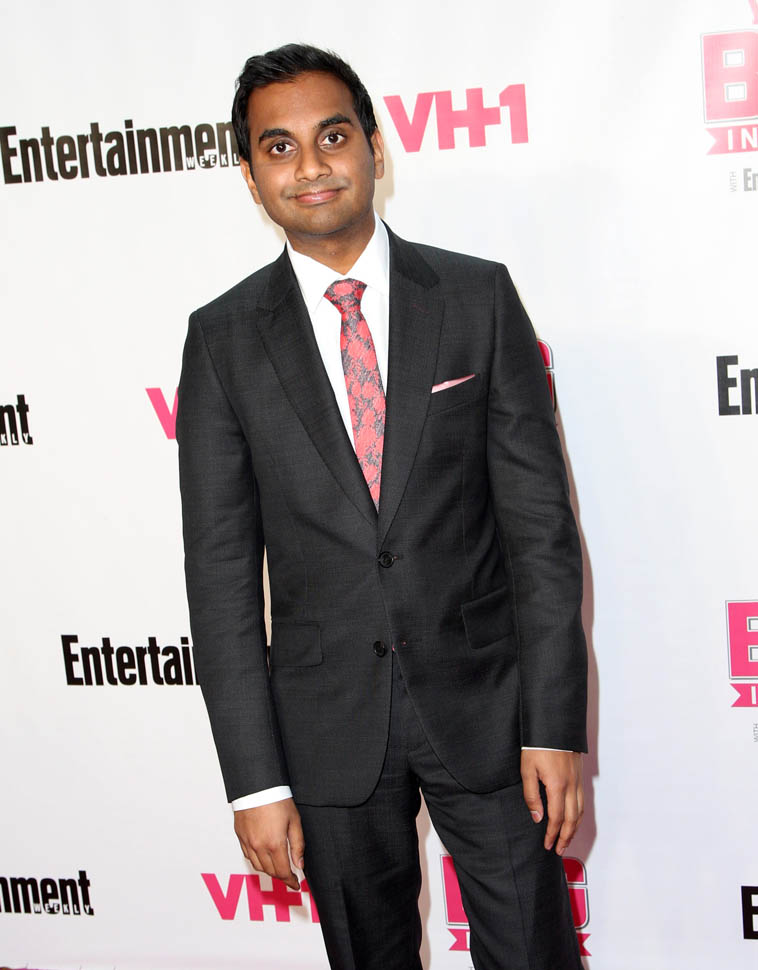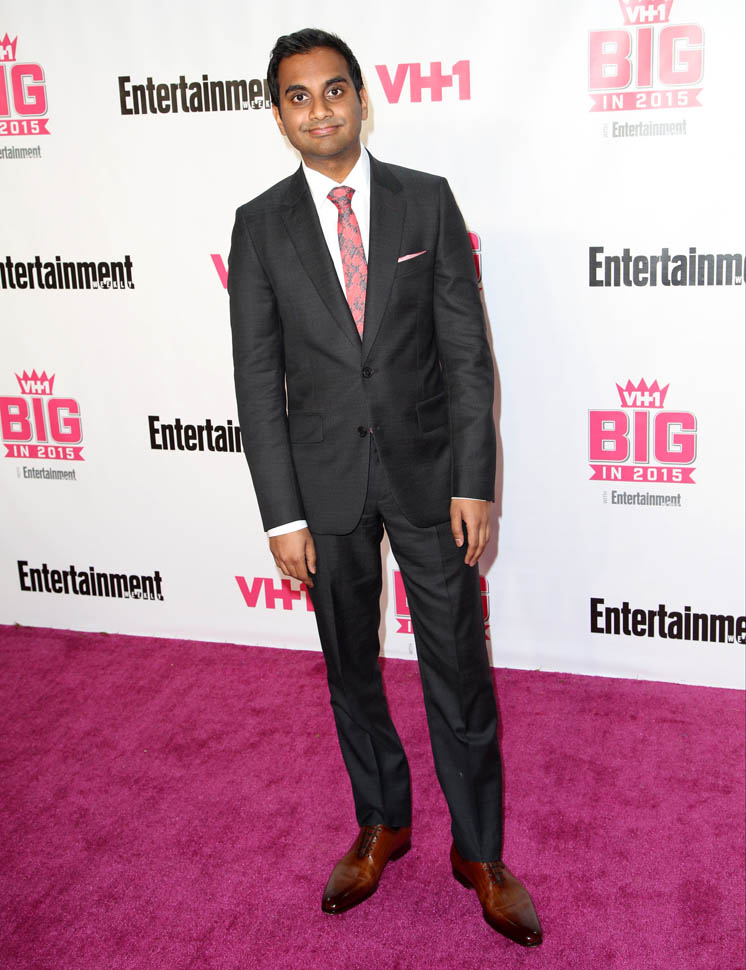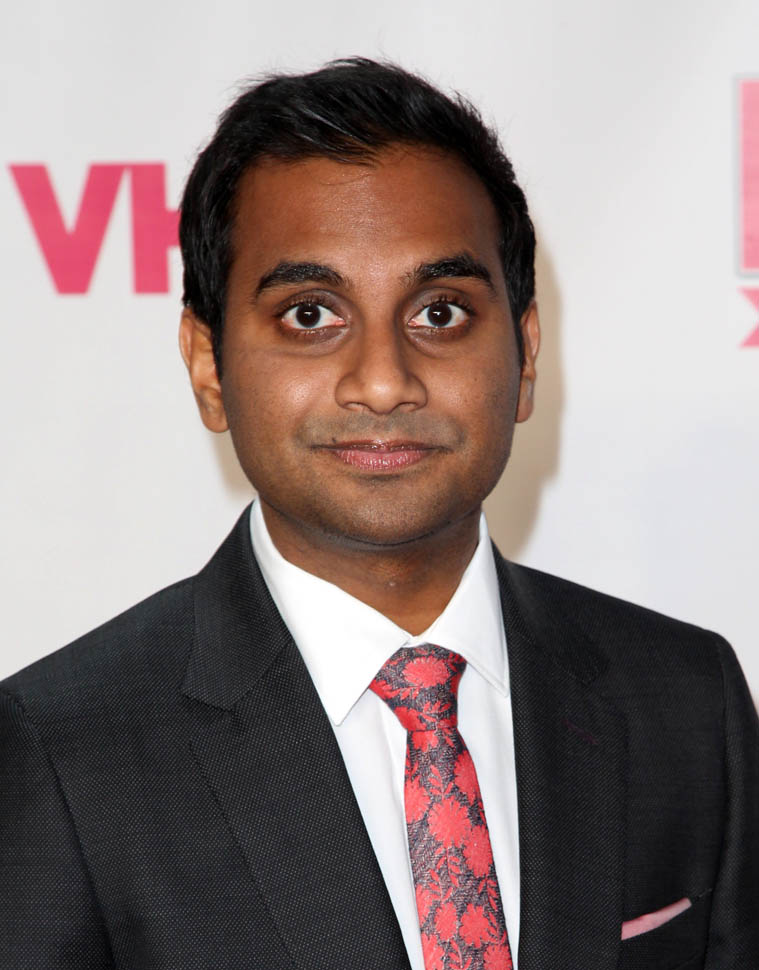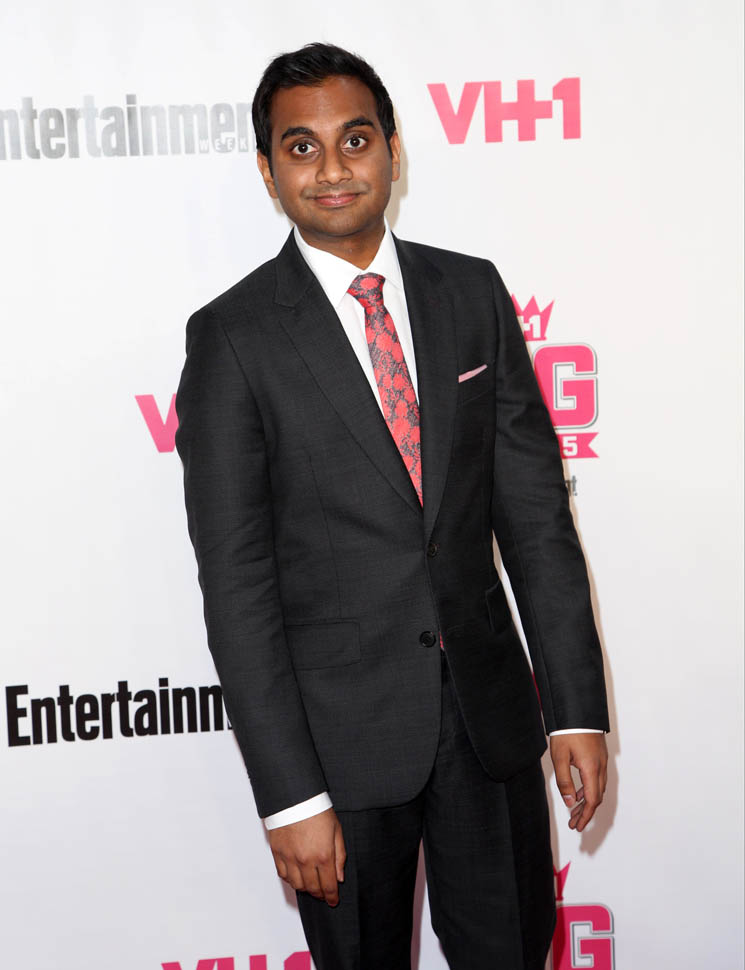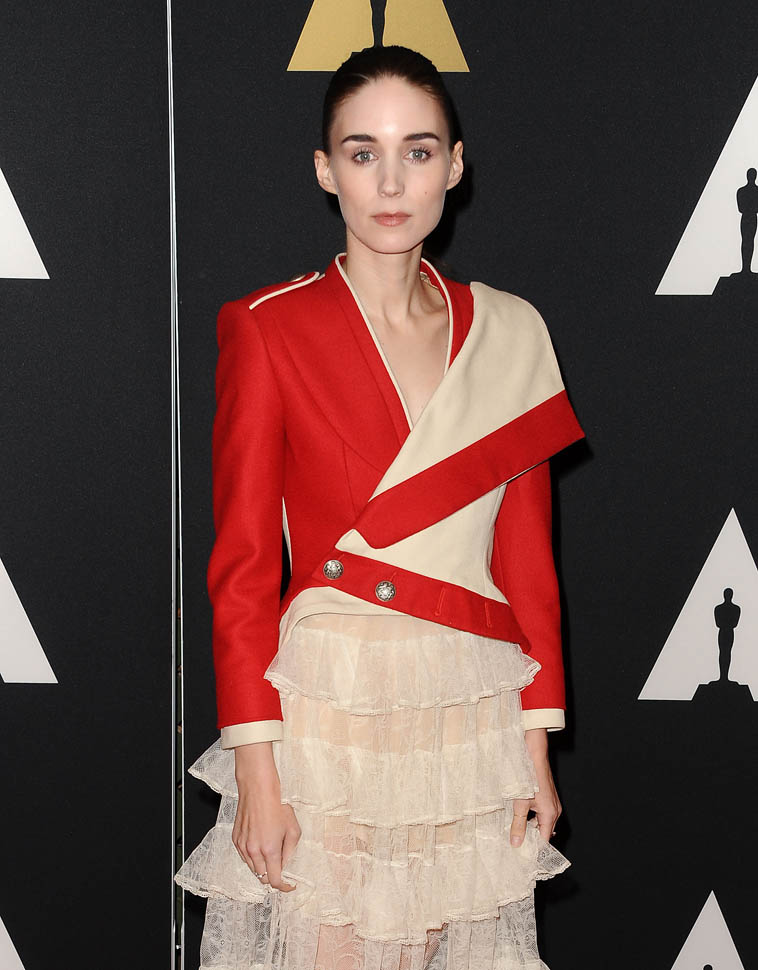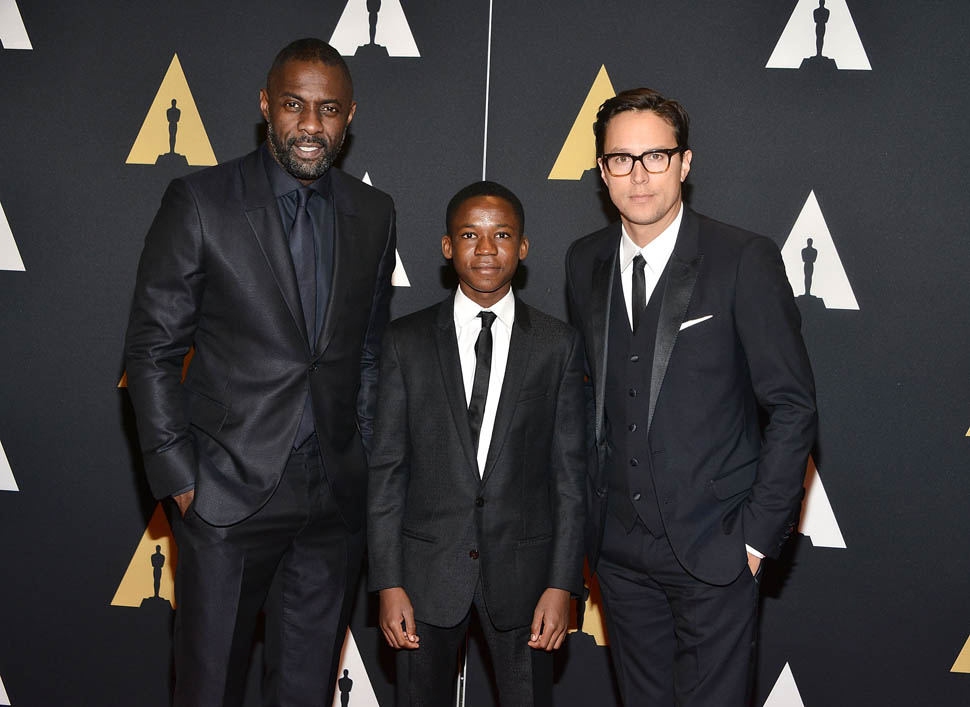Aziz Ansari is the Master of None


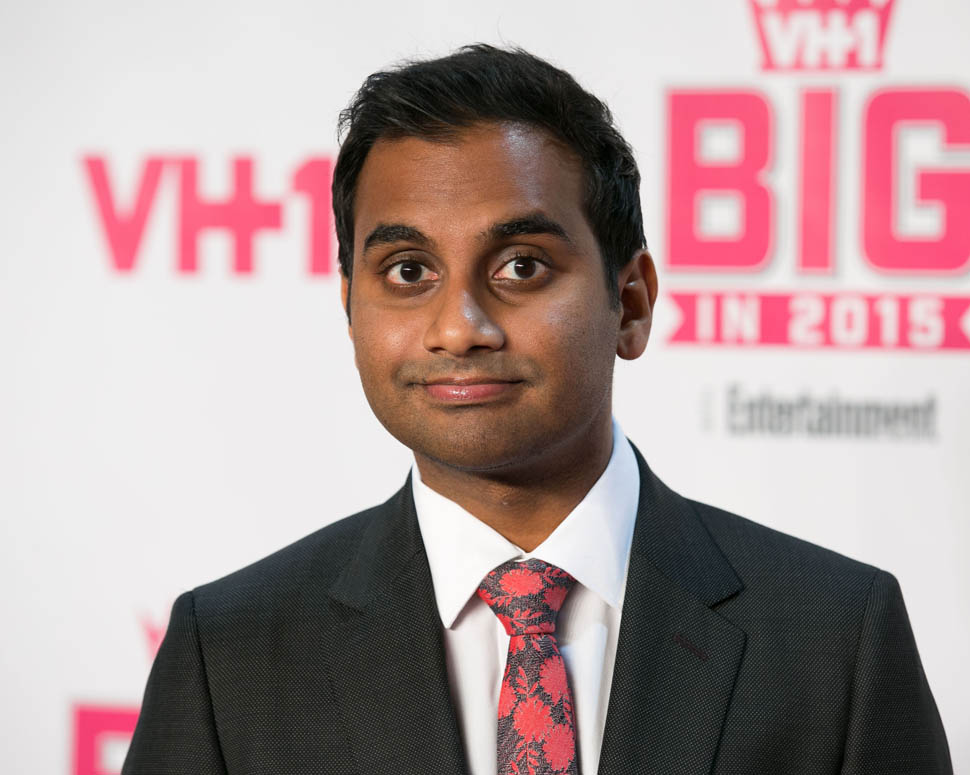
Serious question: What’s your preferred way of talking about Netflix TV shows? I generally don’t cater to spoiler babies—you have a weekend to see a new movie and one day to watch a new TV episode—but what about Netflix shows, where you have all ten episodes at once? That might take more than a couple days to get through. For Aziz Ansari’s new Netflix show, Master of None, we went with a week + a weekend, to make sure anyone who cares has had time to see the series. But I’d love to hear from you, about how you’d like to see Netflix/binge shows handled.
And man, I hope you’ve seen Master of None—it’s fantastic. If you’ve read his book, Modern Romance, or seen his recent stand up specials, Buried Alive and Aziz Ansari: Live in Madison Square Garden, you’ve seen the foundation interests on which Master rests: App-enabled dating, being a Millennial child of immigrants, and how diversity politics play in real life. Ansari stars as Dev, a thirty-something actor in New York. Like Ansari, Dev is the son of immigrants—Ansari’s real parents appear as Dev’s parents in three episodes. Each episode of Master is themed, and features a title card, announcing, “Master of None Presents…” followed by that episode’s theme, such as “Parents”, or “Indians on TV”. There are narrative threads connecting the ten episodes, but story elements fit within the framework of that episode’s thesis.
Which means that Master is not the most organic of TV shows. Episodes can feel more like one-act plays rather than part of a larger whole, and sometimes, because everything revolves around a particular theme, the dialogue can be didactic. In the episode “Ladies and Gentlemen”, Dev and his girlfriend Rachel (Noël Wells) have an argument about Rachel’s perception of a sexist act that is moralizing and borders on preachy. This happens several times through the ten episodes, but it’s most notable in “Ladies and Gentlemen”, though the dialogue never quite goes full-lecture.
But “Ladies and Gentlemen” also shows what is so strong about Master, and that is Ansari’s dedication to exploring other voices. “Ladies and Gentlemen” has a terrific cold open that shows Dev having a fun night out while at the same time, a woman at the same bar is having a nightmare time, stalked by a self-proclaimed “nice guy” who won’t leave her alone, and as Dev and his friend stumble drunkenly through the street, the same woman walks home, alert to possible danger. If the dialogue in that episode is didactic, it’s only because the writers, Zoe Jarman and Sarah Peters, are driving home the point that men just don’t listen to women. Even Dev, who tries to be conscientious, doesn’t initially accept it when his girlfriend tells him she’s experienced sexism.
The best episodes manage to combine theme and story perfectly, like “Indians on TV”, in which Dev, auditioning for a Friends-type sitcom, is up for a role against a fellow Indian actor, Ravi (Ravi Patel). Through the process, Dev inadvertently receives a racist email from a network executive, revealing the brass thinks there can’t be two Indians on the show or else it becomes an “Indian show”. This is a real-world problem plaguing the entertainment industry—Ansari made fun of the whiteness of late night TV with Stephen Colbert—and “Indians on TV” tackles the problem on multiple fronts. The episode deals with “it’s just a joke” casual racism, cultural stereotyping, and whitewashing, and it ends with a pointed observation that even attempts at diversity are often rooted in stereotypes.
But underpinning every episode is a Millennial kind of angst, of what happens when, especially if you don’t have kids, adolescence extends into your thirties. Dev is reasonably successful, working in commercials and even landing a small role in a Hollywood movie, but he’s undefined as an individual. He’s a realistic mix of thoughtful and self-involved—he whisks Rachel off to a romantic weekend in Nashville, only to ruin it with a bout of selfishness—and a lot of his (mis)adventures are fueled by ennui. He feels he ought to be doing more by this point in his life, but he is also aware that he isn’t ready for more. When the movie doesn’t turn out like he expected—and Rachel leaves him pursuing her own dream—he’s propelled to make a huge life change that will likely be the basis for season two.
Master of None is terrific, with great comedy ranging from the absurd (Paro!) to the situational, a KILLER soundtrack, and some sharp observations about life and culture. And when the dialogue does get a little tinny, the actors are uniformly capable of elevating it and not letting the occasional heavy-handed touch drag down the episode. This is a smart show that treats its audience as if they are smart, too, and it rewards people for listening to points of view other than their own.

